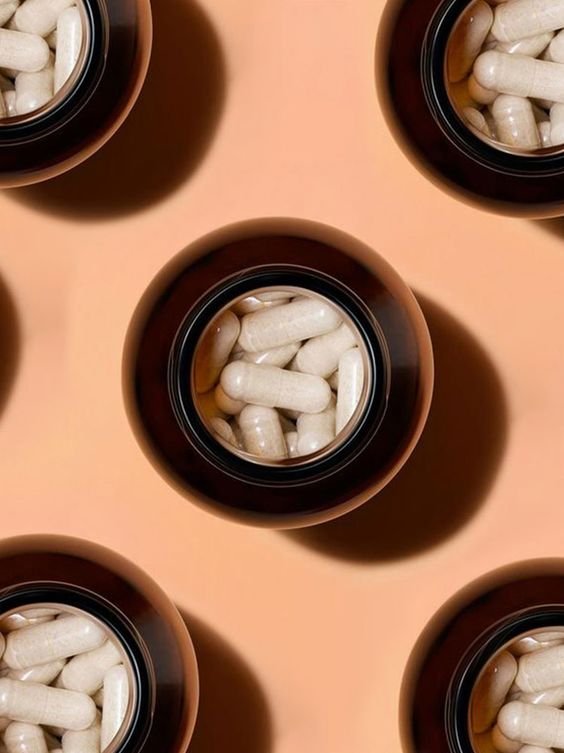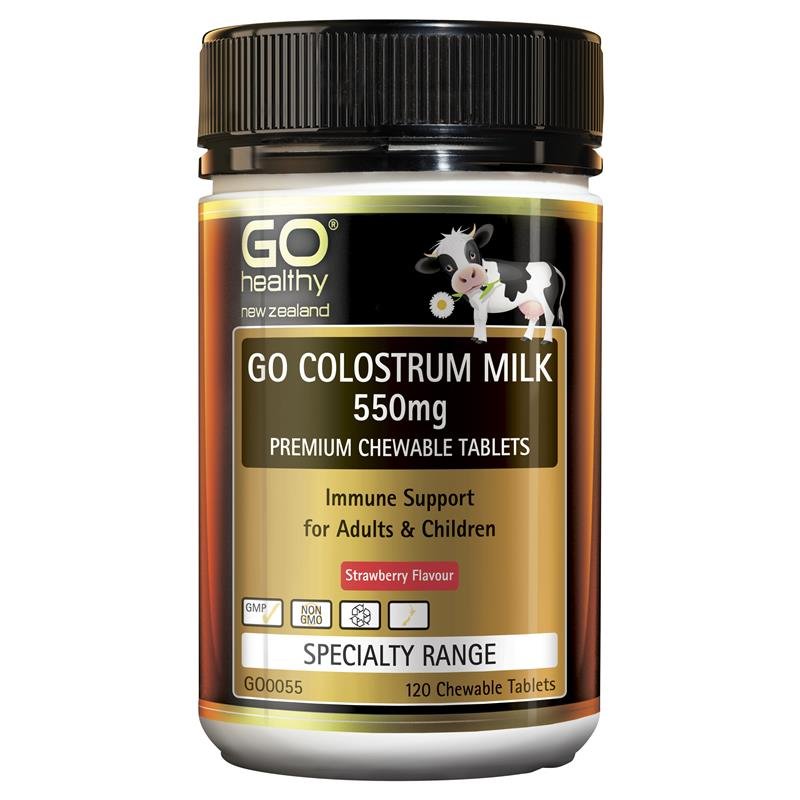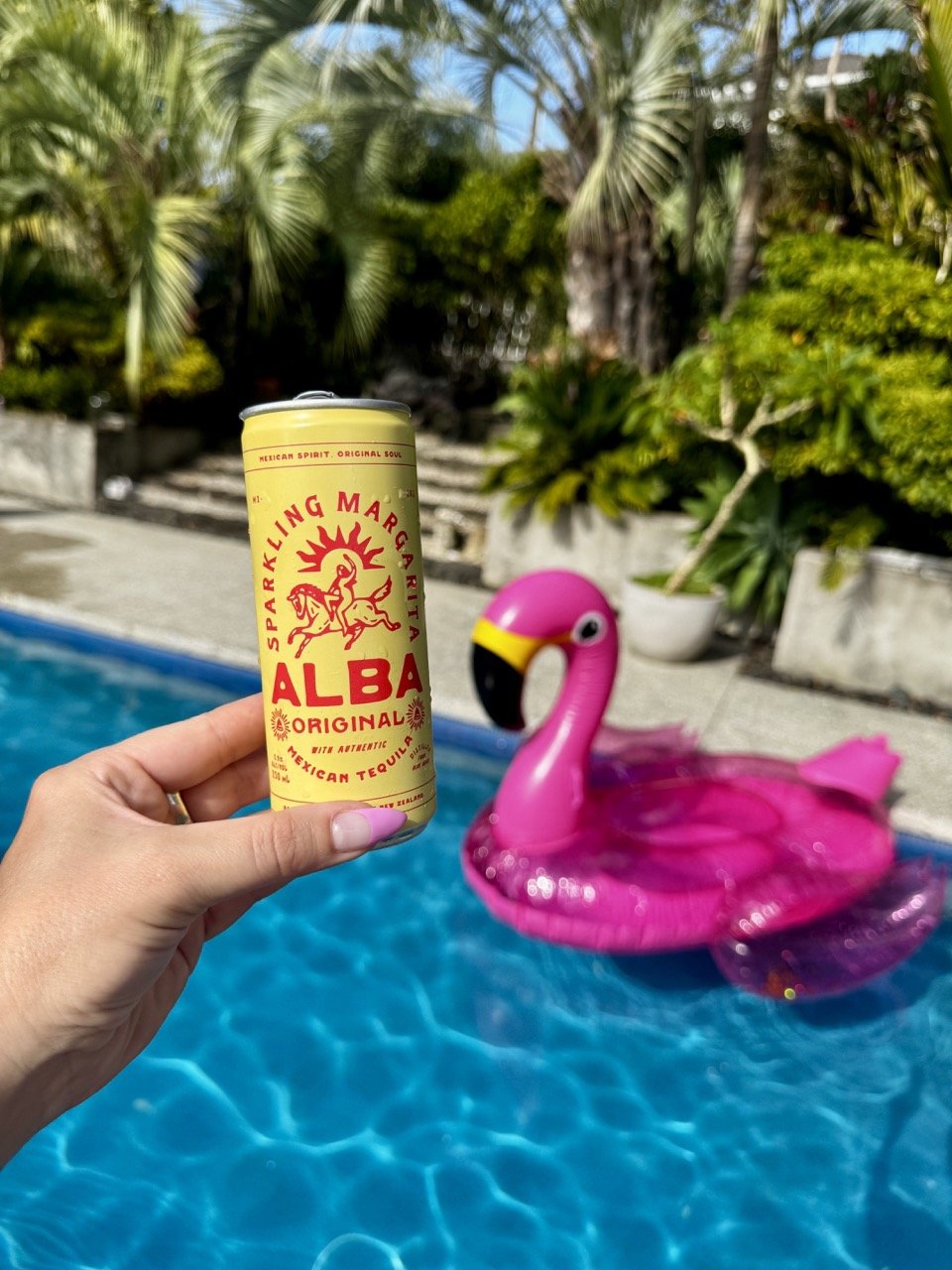We all have our heads and lips around collagen, which has rejuvenating benefits for the skin, nails, and hair. But now there is a new supplement that could rival that: colostrum. Read on to discover how it benefits your body, says editor Trudi Brewer.
Image Instagram
It makes sense that our bodies love collagen. It’s the main structural protein found naturally in bones, muscles, teeth, and hair, so when taken as a supplement, it helps boost your own natural collagen production. But, recently, a new ingredient has made its mark on the beauty world, and some claim it could rival collagen in terms of its benefits. Known as ‘nature’s superfood,’ it is the first form of milk post-birth. Named liquid gold by health professionals for boosting immunity in the first days of a baby’s life. So, do we need it as adults? Holistic nutritionist Jennifer Hanway shares whether or not bovine colostrum is the ‘new’ collagen.
What is colostrum?
It is a nutrient-rich fluid rich in antibodies, growth factors, vitamins and minerals, making it crucial for the newborn’s initial development and immune system support. Colostrum has been gaining traction for those rich concentrations, making it a hot commodity for many supplement brands.
How is colostrum different from collagen?
While colostrum and collagen are proteins with essential roles in the body, they differ in origin and functionality. Colostrum is a complex fluid produced by the mammary glands after childbirth, emphasizing immune support and nourishment for the newborn. Collagen is a structural protein found in various connective tissues throughout the body, contributing to skin elasticity, joint health, and other structural functions. The most significant difference when it comes to colostrum versus collagen has to do with immune support. When considering them as dietary supplements, they have some crossover in terms of their benefits for improving intestinal permeability and skin regeneration. But, colostrum is superior for those looking to enhance their immune system.
What are the benefits of colostrum in the skin?
We all know that collagen and collagen production-encouraging products yield tons of benefits for the skin, from maintaining elasticity to improving volume or retaining moisture. Colostrum, on the other hand, offers several benefits to the skin, primarily due to its rich composition of growth factors and immune-boosting components. It helps promote skin regeneration and repair, making it useful for wound healing, reducing the appearance of scars and potentially having some anti-ageing properties. Colostrum’s antimicrobial properties also contribute to maintaining healthy skin by protecting against infections. Colostrum also contains proteins like lactoferrin (which helps regulate how iron is absorbed into the body from the gut) and antioxidant and anti-inflammatory properties, which can help soothe irritated skin.
And colostrum in the body?
In addition to its skin-boosting effects, colostrum properties include strengthening the immune system to help the body fight off pathogens and support muscle and tissue growth, especially after exercise, and it has been associated with improved gut health by helping to heal intestinal permeability and promoting a healthy gut microbiome.
The supplements
Colostrum supplements come in capsule or powder form and can be taken once or twice a day. The powders can be added to water, coffee, or smoothies and can be taken with collagen supplements. Hanway recommends choosing organic, grass-fed colostrum where possible.
Codeage Immuno Colostrum, 180 Capsules, $85. GOOD HEALTH 100% Pure Colostrum Powder, $55. Deep Blue Health 100% Colostrum, $34. GO Healthy Colostrum Milk 550mg Chewable 120 Tablets, $38.




















Style-inspiring and captivating.